End The Greenwashing
B.C. conservation groups file formal objection to Alaskan salmon fishery’s “sustainable” certification
SE Alaska fisheries have the most significant harvest impact on Skeena salmon and steelhead.
British Columbia conservation organizations SkeenaWild Conservation Trust and Raincoast Conservation Foundation, along with Watershed Watch Salmon Society, have filed a formal notice of objection with the U.K.-based Marine Stewardship Council in response to the proposed re-certification of Alaskan salmon fisheries as sustainable.
“These are not sustainable fisheries, and continuing to label them as such would be misleading consumers,” said Greg Knox, Executive Director of SkeenaWild Conservation Trust.
Non-selective net fisheries in Southeast Alaska are devastating salmon and steelhead populations all along the Pacific Coast. These fleets disproportionately intercept millions of salmon and steelhead bound for B.C., as well as Washington and Oregon. They also fail to adequately track and report bycatch.
In fact, Alaskan fisheries near the B.C. border have been harvesting an increasing proportion of the total catch of B.C. salmon, as Canadian fisheries have been curtailed to protect at-risk populations, and now catch the lion’s share of many of those populations.
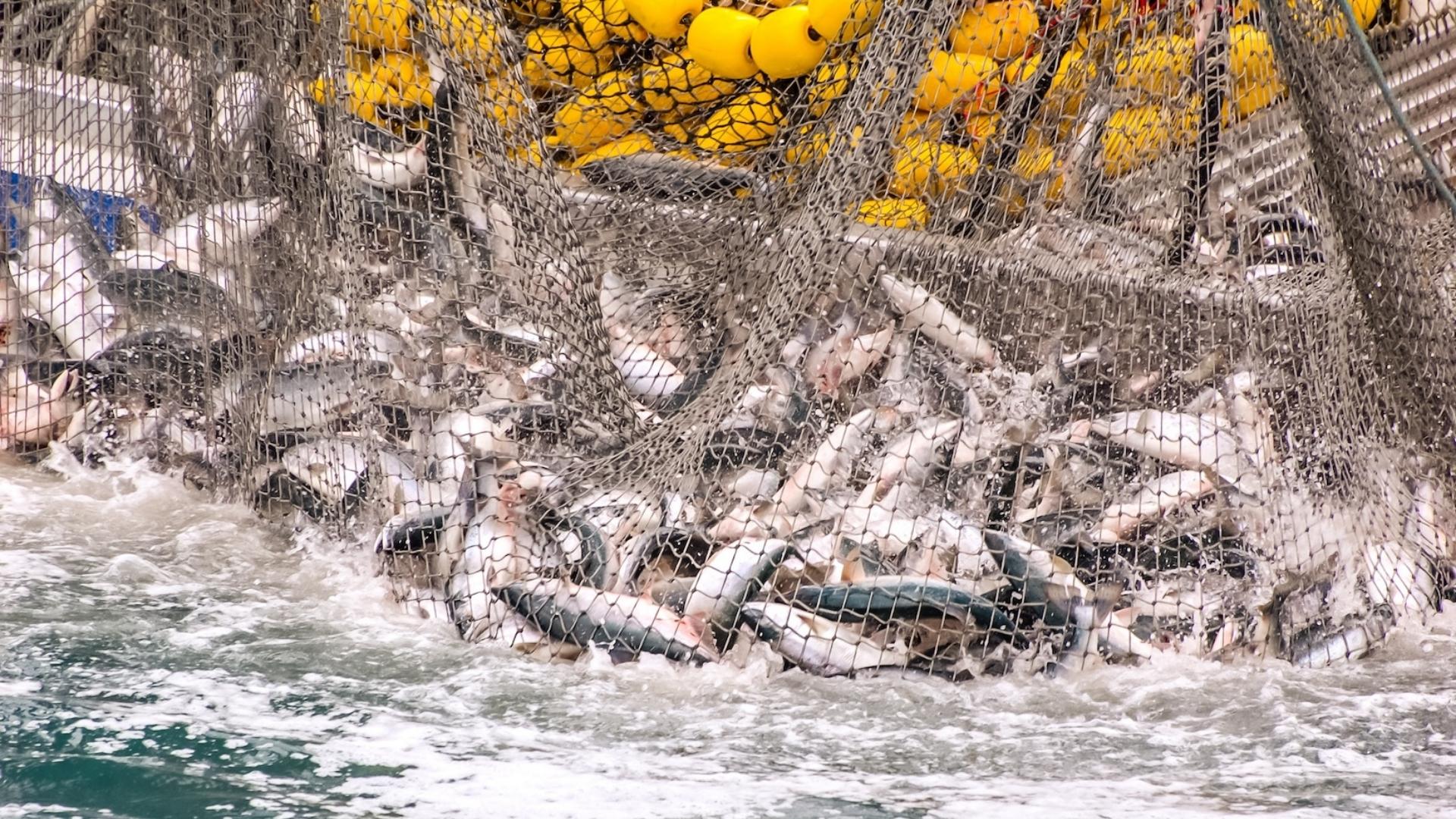
“Alaska’s indiscriminate harvest is preventing the recovery of vulnerable chinook, chum, sockeye, coho and steelhead that are headed for Canada,” said Aaron Hill from Watershed Watch Salmon Society. “This is having a devastating impact on communities and wildlife in B.C. that depend on wild salmon and steelhead.”
Seafood marked as sustainable, should be in fact, sustainable.
The Marine Stewardship Council is the world’s pre-eminent seafood eco-label and allows fishing industry clients to select third-party companies to assess their fisheries against the MSC’s standards. The objecting conservation organizations believe that the assessment company, MRAG Americas, has not done its due diligence in characterizing how the fishery operates, significantly underestimating its impacts on at-risk salmon populations in B.C., Washington, and Oregon.
It’s not just salmon, the fishery impacts endangered southern resident killer whales too.
The assessor also failed to recognize that the Southeast Alaska troll fishery is not only unsustainable, but unlawful. “The catch in the chinook fishery, more than 90% of which is not from Alaska, deprives endangered Southern Resident killer whales of their primary food source,” said Misty MacDuffee, of Raincoast Conservation Foundation. “This fishery violates both the U.S. Endangered Species Act and the National Environmental Policy Act because there has not been an approved remedy to the consequences of this prey removal,” she concluded.
The Alaskan salmon fishery was first certified as sustainable by the Marine Stewardship Council in 2000 and its current certification expires this year. The fishery has still not met conditions imposed from its previous assessments more than 10 years ago.
Throughout the recertification process, which began at the end of 2022, conservation organizations have raised concerns about the fishery’s impacts on at-risk salmon, steelhead, and seabird populations, as well as the impacts of artificial hatchery production on wild salmon returns. These impacts are inconsistent with the Marine Stewardship Council’s purported criteria. The third-party assessor has largely dismissed these concerns, and recently advised the Marine Stewardship Council that the fishery should be re-certified.
The notice of objection should instigate an independent review of the decision, on the basis that the assessment company has undermined the fairness of the assessment.
Fisheries that profit by harvesting another country’s endangered fish are about as far from sustainable as you can get.
Campaign Update
Sustainable Fisheries Management
In the News
Business in Vancouver:
B.C. groups challenge Alaska’s ‘sustainable’ fisheries status.
Intrafish:
NGOs demanding the Marine Stewardship Council decertify Alaska salmon fisheries.
Undercurrent News:
Canadian NGOs challenge Alaskan salmon fishery’s MSC re-certification.
Seafood Source:
Problems mount for Alaska’s salmon sector
Media Contacts:
Greg Knox
Executive Director – SkeenaWild Conservation Trust
1-250-615-1990
Misty MacDuffee
Wild Salmon Program Director – Raincoast Conservation Foundation
1-250-818-2136
Aaron Hill
Executive Director, Watershed Watch Salmon Society
1-250-8180054
Other News
-
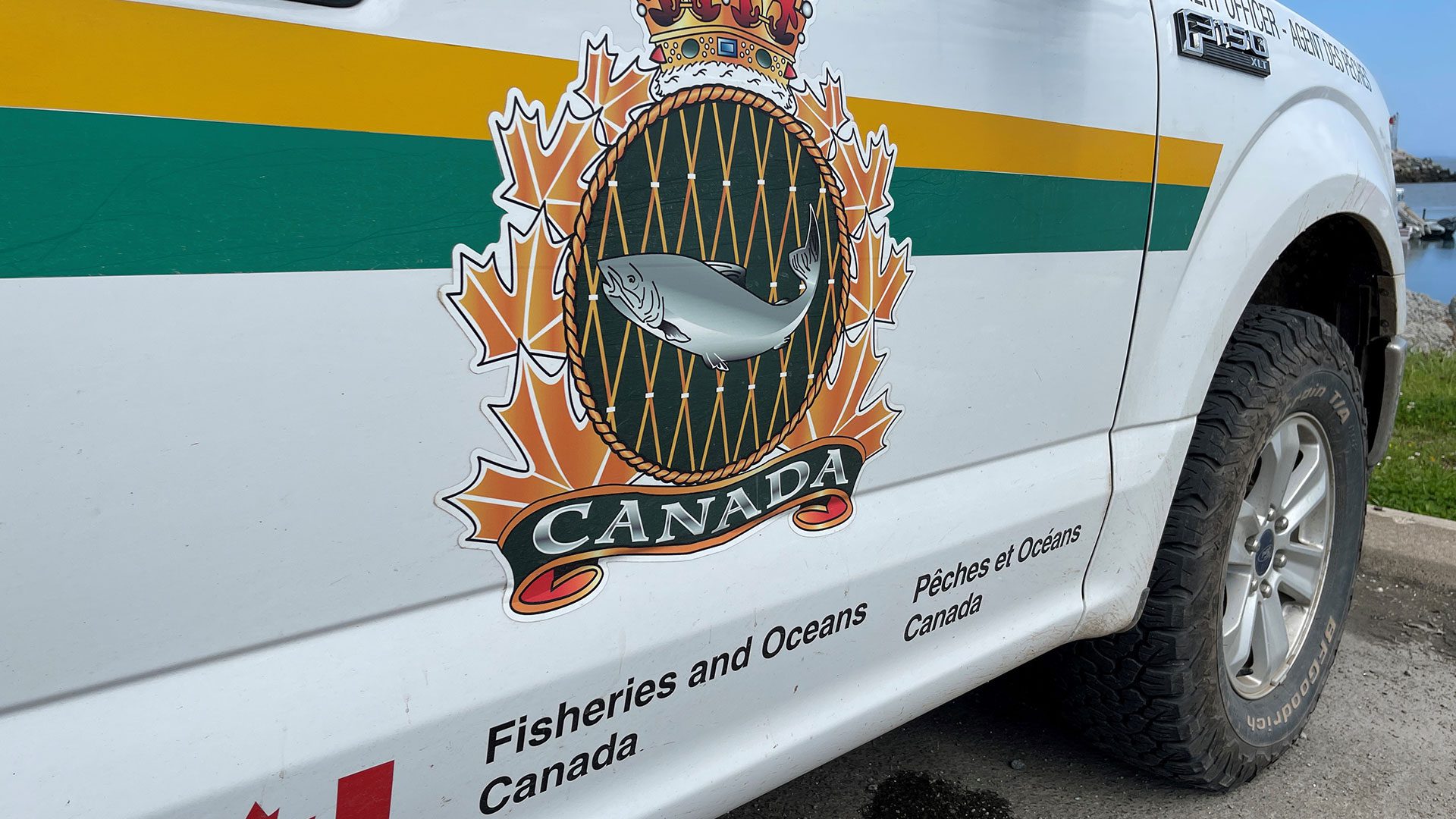
SkeenaWild warns DFO cuts threaten salmon and communities that depend on them
The federal budget announced yesterday includes $500 million in cuts to Fisheries and Oceans Canada (DFO) over four years. That’s five times deeper than the…
-
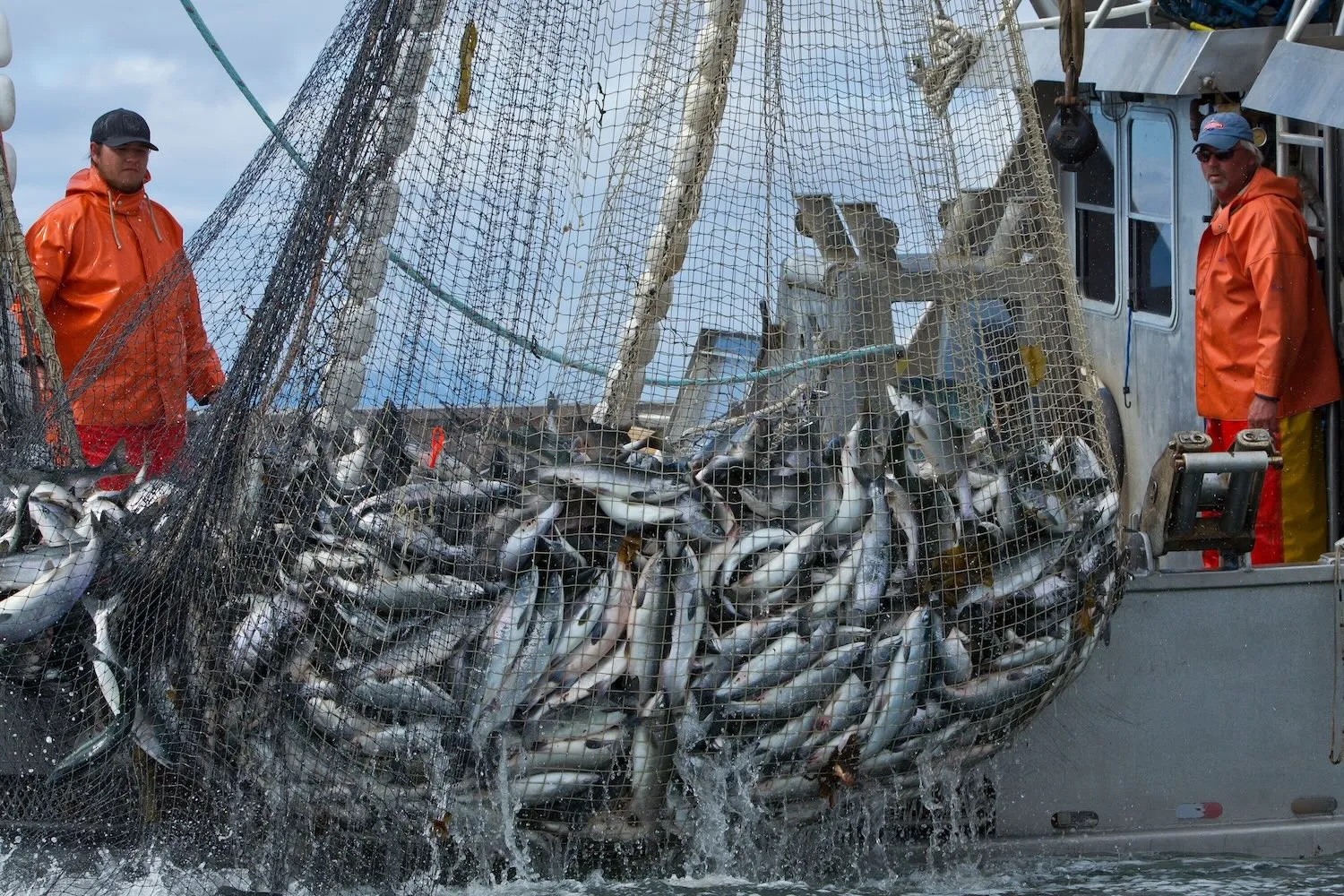
Southeast Alaska 2025 Salmon Season Summary
Southeast Alaska’s 2025 salmon season fell short of forecasts, with pink salmon catches down 10 million. A major fishing shift into District 104 raises new…
-
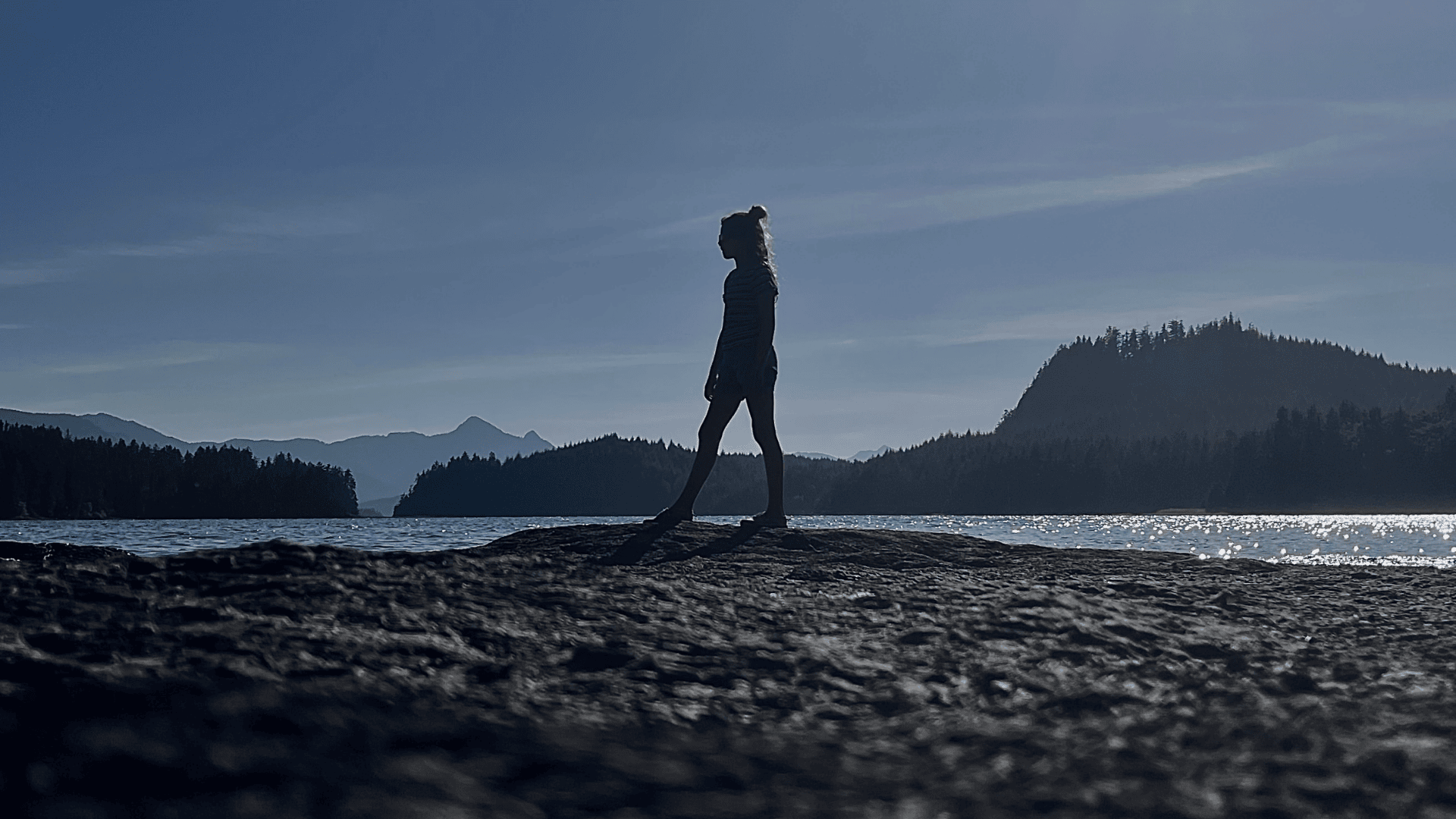
2025 SkeenaWild Film & Photo Festival Finalists Announced
Join us November 22 in Terrace for a showcase of films and photos celebrating the wild people, places, and creatures of the Skeena. Community screenings…
-
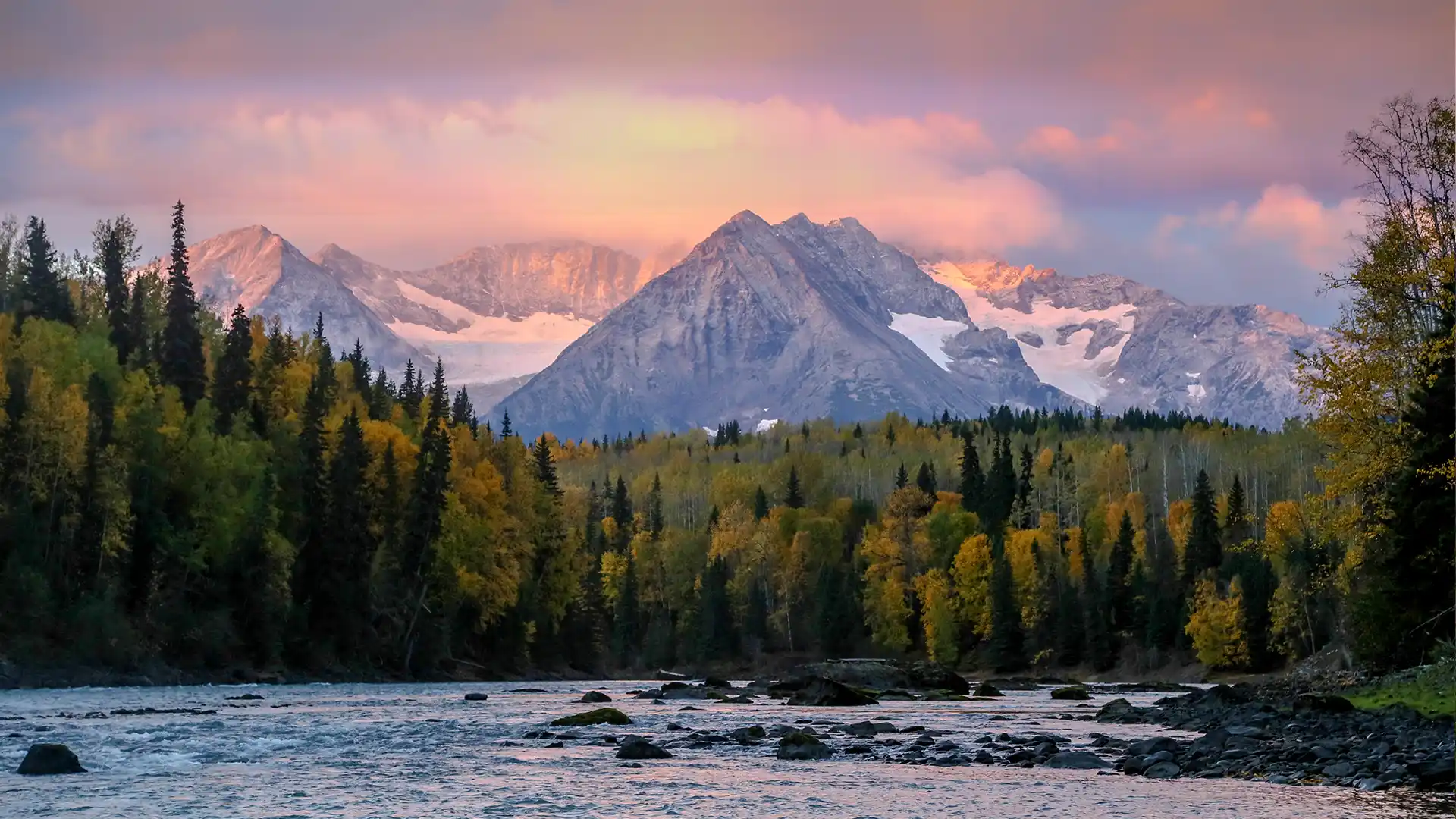
Summer Series: Skeena & North Coast Fisheries Updates 2025
Our fisheries biologist, Kait Yehle gives us a pre-season Skeena and North Coast fisheries forecast and an environmental conditions report of what we might expect…
-

SkeenaWild warns DFO cuts threaten salmon and communities that depend on them
The federal budget announced yesterday includes $500 million in cuts to Fisheries and Oceans Canada (DFO) over four years. That’s five times deeper than the…
-

Southeast Alaska 2025 Salmon Season Summary
Southeast Alaska’s 2025 salmon season fell short of forecasts, with pink salmon catches down 10 million. A major fishing shift into District 104 raises new…
-

2025 SkeenaWild Film & Photo Festival Finalists Announced
Join us November 22 in Terrace for a showcase of films and photos celebrating the wild people, places, and creatures of the Skeena. Community screenings…
-

Summer Series: Skeena & North Coast Fisheries Updates 2025
Our fisheries biologist, Kait Yehle gives us a pre-season Skeena and North Coast fisheries forecast and an environmental conditions report of what we might expect…